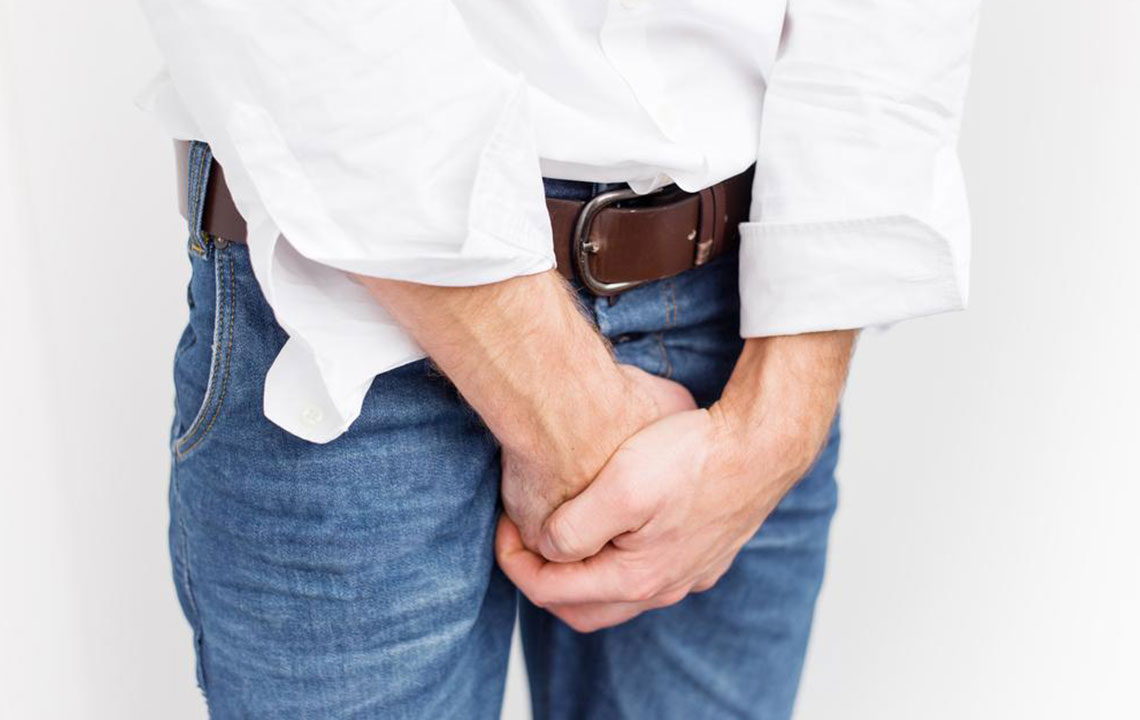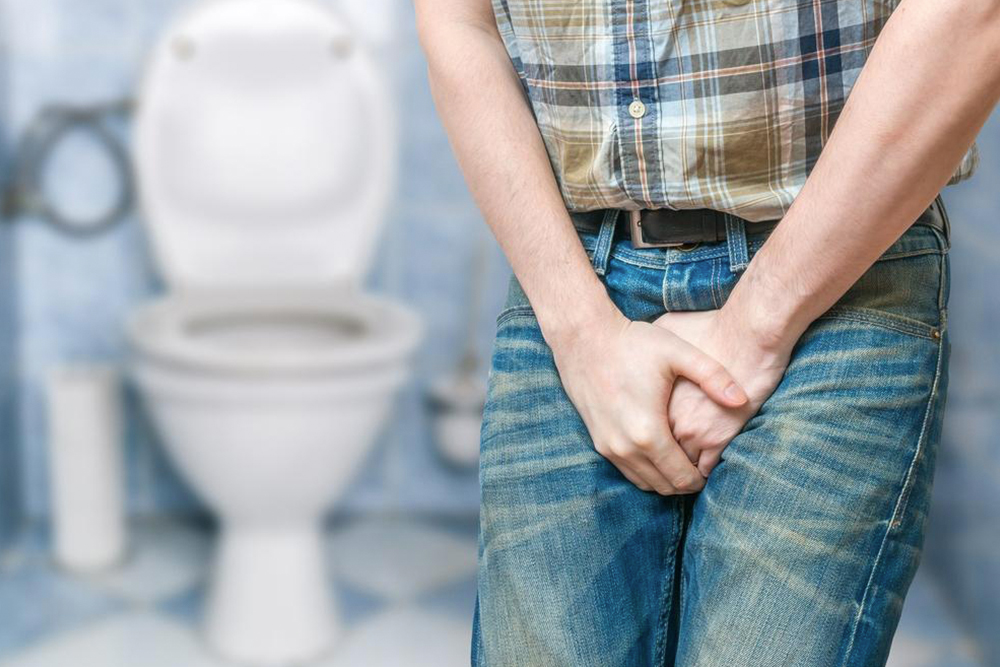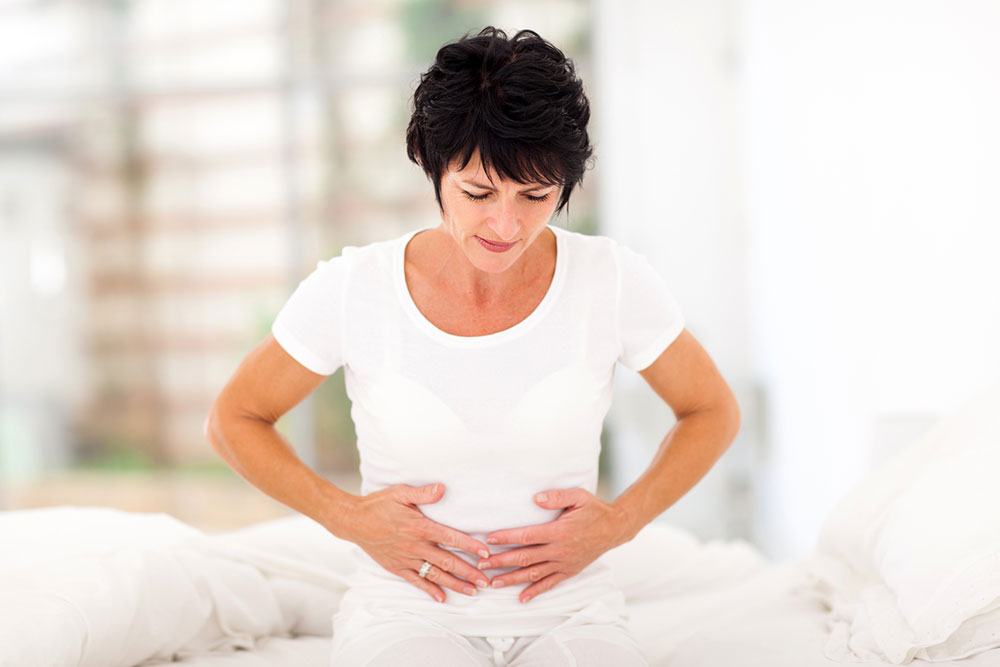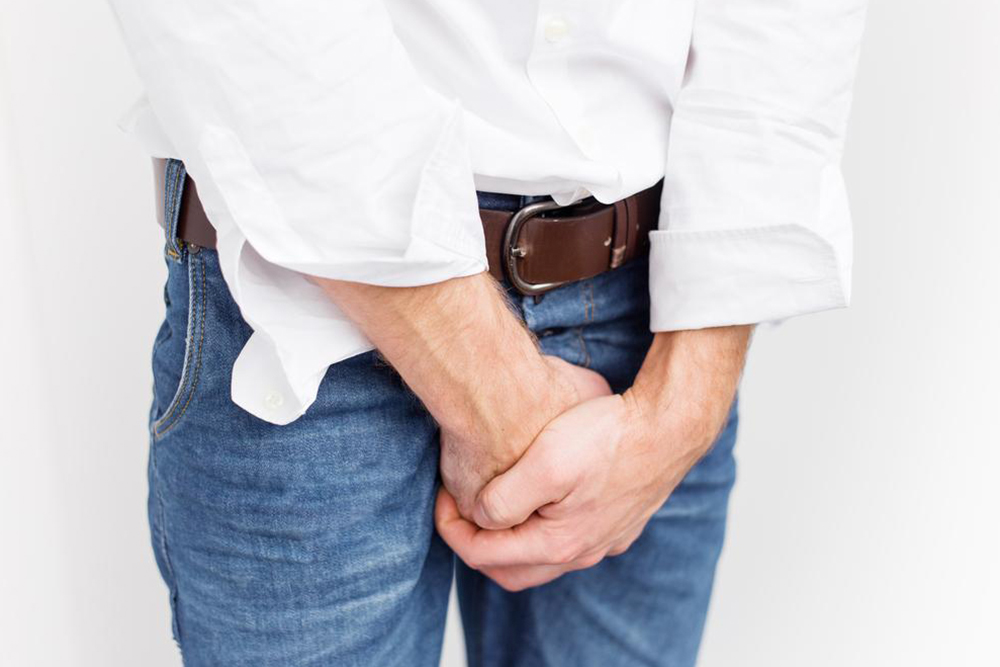Natural Lifestyle Strategies to Manage Urinary Incontinence
Discover effective lifestyle changes to manage urinary incontinence, including dietary adjustments, weight management, and habits that support bladder health. These simple strategies can improve symptoms and contribute to overall well-being, whether in mild or severe cases. Always consult healthcare professionals for personalized advice.

Natural Lifestyle Strategies to Manage Urinary Incontinence
Managing urinary incontinence often involves a combination of medication, surgical options, and lifestyle adjustments. For mild cases, simple changes in diet and daily habits can significantly reduce or eliminate symptoms. Even in more severe situations, maintaining a healthy lifestyle supports bladder strength and function.
Below are effective lifestyle modifications to support urinary health:
Diet Adjustments: Your diet plays a crucial role in bladder health.
Limit or avoid alcohol, caffeine, and citrus juices.
Reduce intake of tomatoes, chocolates, and spicy foods during treatment to prevent irritation.
Increase dietary fiber to promote digestive health.
Consuming these foods can lead to bladder irritation and worsen existing issues. A balanced diet can also help reduce risks associated with diabetes and obesity, common contributors to urinary problems.
Weight Control: Excess weight exerts pressure on the bladder and raises diabetes risk, which can result in urinary leakage. Managing weight through healthy practices can alleviate symptoms.
Losing weight through appropriate physical activity can improve bladder control.
Regular exercise suited to your health status benefits overall bladder function.
Additional Lifestyle Tips: Combining diet and exercise with other habits can enhance bladder health.
Quitting smoking reduces coughing that may aggravate incontinence and decreases risks for bladder, colon, and rectal cancers.
Staying well-hydrated helps prevent urinary tract infections that can compromise bladder function.
These lifestyle tips are valuable for all levels of urinary incontinence, supporting overall bladder health.
Note:
The information provided regarding symptoms, treatments, and health conditions is for informational purposes only. It should not replace professional medical advice. Always consult qualified healthcare providers for diagnosis and treatment options tailored to your needs.










